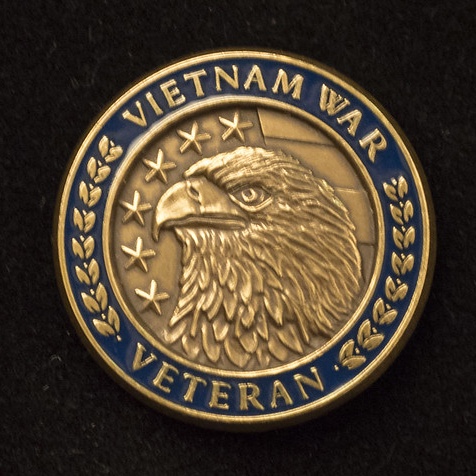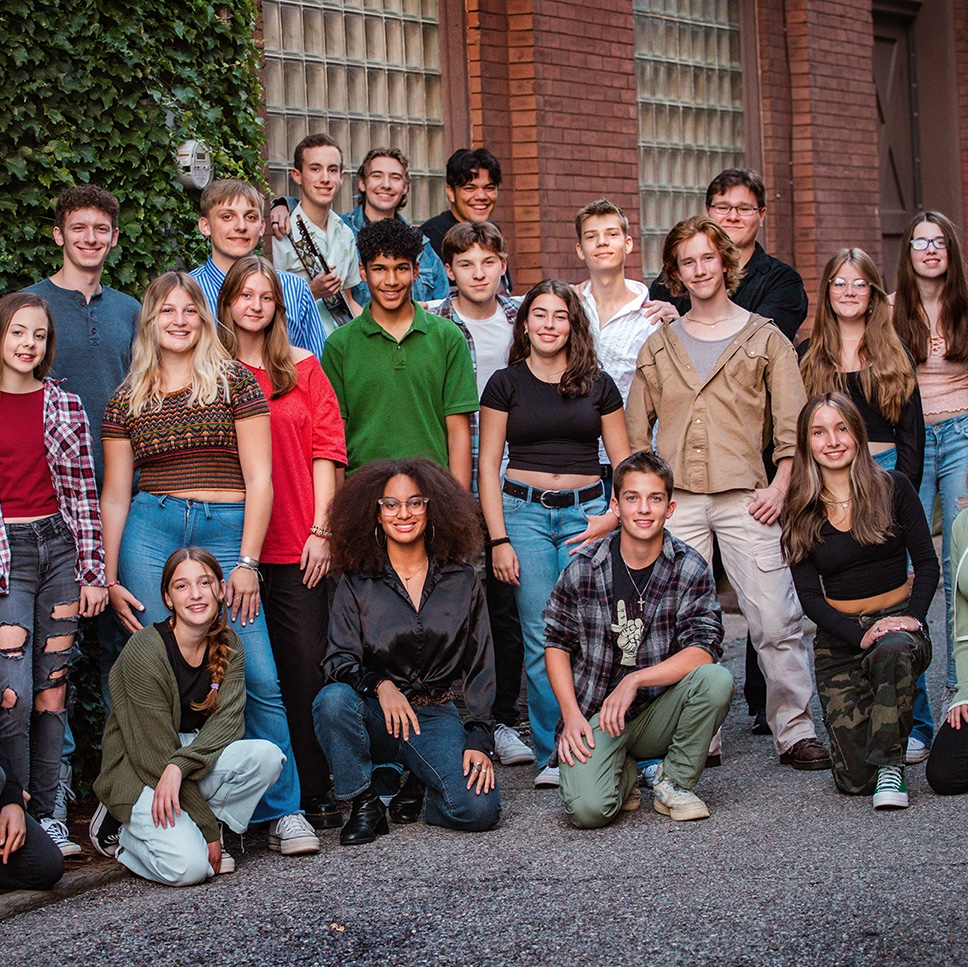Is there a Lycoming County connection to “The Great Gatsby?” Curator Jonathan Schau believes it exists, and will present a program on the topic at 1:30 p.m. Sunday, April 17, at the Muncy Historical Society.
Schau’s presentation, “Show Me a Hero: The Effects of a Vehicular Homicide on F. Scott Fitzgerald’s “The Great Gatsby,” kicks off the 2016 season at Muncy’s 40 N. Main Street location.
Deemed a literary classic, critics have studied Gatsby characters for years and many scholars say that Fitzgerald was describing his visits to Long Island’s north shore and his experiences attending parties of the extremely wealthy residing there.
Or was he?
Schau will present the results of extensive research in which he has identified no less than 46 similarities between a widely publicized vehicular homicide that occurred in Philadelphia in March 1923 and Fitzgerald’s narrative. In addition to the possible literary implications, Schau’s presentation will revisit a real-life tragedy in which the primary character — Henry Gibson Brock — turned a catastrophe into an opportunity to help others.
Brock, a socially prominent 36-year-old investment banker, was the grandson of Henry Gibson, one of the richest men in Philadelphia and an influential art collector who possessed possibly the greatest private art collection in the United States during the 19th century. Gibson’s wealth came from ownership in the largest manufacturing operation of rye whiskey of his time. Brock, who would have been a Gibson heir, was also a Brock family heir, inheriting Muncy Farms, the former home of Samuel Wallis.
According to 1923 newspaper accounts, Brock arrived at a Philadelphia Main Line party hosted by Bernard “Buzz” Law for an evening of partying, card playing and drinking. Around midnight, Brock left the party in a Marmon Touring Car and, at 12:47 a.m. ,his automobile struck and killed three people exiting a Philadelphia trolley. Brock was admittedly intoxicated at the time of the accident. No one knows quite what happened and Brock himself had little to no memory of it. Despite all his advantages in being born to an accomplished, prominent and wealthy family, Brock’s life course and his legacy of service would be determined by something more tragic and personal — a drunk driving accident.
Had Fitzgerald read one of the newspaper accounts that went out across the nation over the Associated Press and United News wire services? Fitzgerald and Law, the son of a wealthy iron and steel broker, attended Princeton at the same time so Fitzgerald might have been inspired when he read the newspaper accounts that, in some manner, involved, or implicated, his fellow classmate. The timing works. Fitzgerald revisited the draft of his novel that would become “The Great Gatsby” in April 1924, just one year after Brock was sentenced to six to 10 years’ confinement in Eastern State Penitentiary.
While confined, Brock recognized that prisoners should be taught a trade as part of their rehabilitation. He used his own money to purchase the machinery and tools that prisoners used to make fireplace sconces, card tables, and lamp shades. He then set up a distribution system in Philadelphia to handle the sale of prisoner-made products. Deemed an ideal prisoner, Brock was granted an early release in 1926, having served just three years two months of his term. Following his release, Brock took up permanent residence in Muncy Township, Lycoming County.
Philadelphia-born Schau’s background includes curatorial responsibilities at the Mercer Museum and Fonthill Castle and the Moravian Pottery and Tile Works and assistant librarian and curator for the Grand Lodge of Pennsylvania.
As a special treat, on Saturday, April 16, beginning promptly at 6:30 p.m., Muncy Historical Society will offer an opportunity for interested Gatsby fans to reacquaint themselves with Fitzgerald’s plot. The colonial kitchen area will serve as the museum’s concession stand with popcorn, candy and soda available.
The society’s meetings and events are always open to the public. Please call 570-546-5917 or email MuncyHistorical@aol.com with questions or for additional details.
Directions to Muncy Historical Society are: I-80 to exit 212W to I-180 exit 13A. Rt. 405 to Muncy. Turn right on South Main Street, 3 blocks, left into Society’s parking lot.





